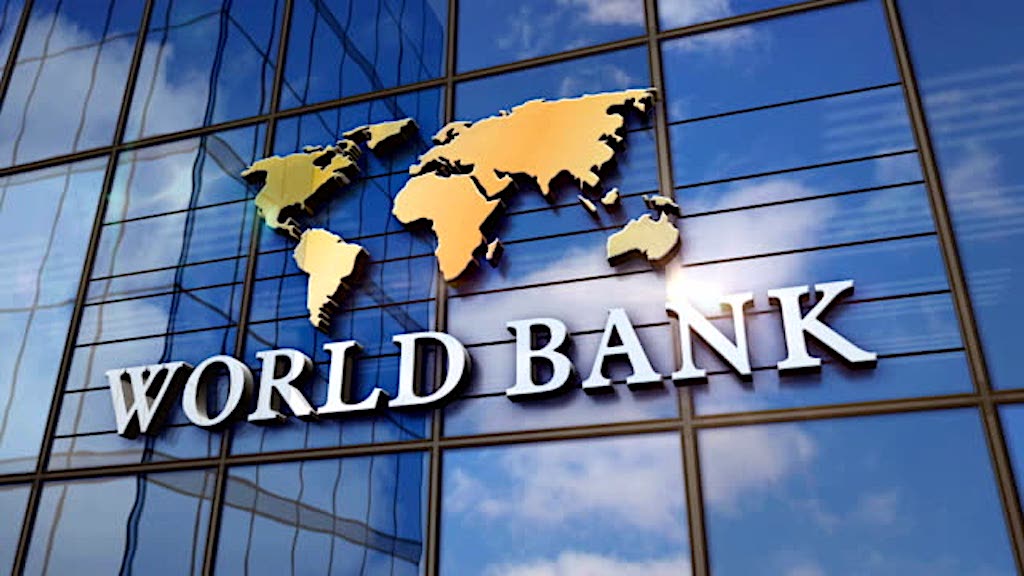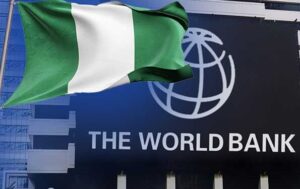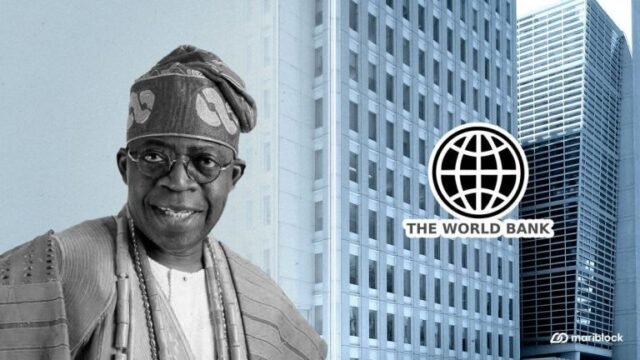In a bold move to uplift Nigeria’s social and economic infrastructure, the World Bank has approved a $1.08 billion concessional financing package—structured as three targeted loans—to enhance education quality, reinforce community and household resilience, and improve nutrition for underserved Nigerians.
Investing in resilience and recovery
The largest portion, a hefty $500 million, is earmarked for the Nigeria Community Action for Resilience and Economic Stimulus (NG‑CARES) program. Initially designed to cushion the storm of the COVID‑19 crisis, NG‑CARES has since evolved into a comprehensive safety net that supports livelihood initiatives, food security, labour-intensive public works, and small-business grants. To date, it has reached more than 15 million individuals, and this new funding aims to deepen its impact amid ongoing economic challenges like inflation, subsidy removals, and foreign exchange adjustments.

Nourishing futures—literally
Another $80 million will flow into Accelerating Nutrition Results in Nigeria (ANRIN 2.0). This nutrition-focused initiative targets pregnant women, lactating mothers, adolescent girls, and children under five, groups especially vulnerable to malnutrition. ANRIN 2.0 builds on the earlier phase, which reached over 13 million children between 2018 and 2024. Its goals include promoting dietary diversity, improving feeding practices, and increasing access to micronutrient-rich foods through both preventative and curative interventions.
Raising the bar in basic education
The remaining $500 million is allocated to Hope for Quality Basic Education for All (HOPE‑EDU). This programme targets foundational literacy and numeracy while aiming to strengthen educational systems across participating states. Collectively, HOPE‑EDU seeks to benefit 29 million public primary pupils, 500,000 teachers, and over 65,000 schools. Its mission is to tackle systemic challenges such as overcrowding and weak administrative capacity, setting the stage for long-term educational improvement.
A strategic alignment with national goals
These investments are no accident. They dovetail with Nigeria’s National Development Plan (2021–2025) and the Multisectoral Plan of Action for Food and Nutrition, reinforcing priorities set by the government and international partners. Dr. Ndiamé Diop, the World Bank’s Country Director for Nigeria, emphasised that these funds are a strategic bet on human capital development—as he put it, they are “designed to unlock Nigeria’s economic potential”.
Strengths grounded in evidence
NG‑CARES has already demonstrated resilience-building power through multi-sector support systems serving over 15 million Nigerians.
ANRIN 2.0 leverages the momentum of its predecessor, which helped more than 13 million young children.
HOPE‑EDU, backed by additional funds from the Global Partnership for Education, targets millions of learners and educators to elevate foundational skills.
Opportunity—and caution—in equal measure
While these programs signal a hopeful trajectory, they also uncover two common concerns:
Rising debt pressures: Nigeria’s public debt has surged, and with debt servicing consuming a growing share of tax revenue—exceeding 20%—the fiscal burden looms large. Critics warn that over-reliance on borrowing may save lives today but could strain government finances tomorrow.
Accountability and governance risks: Transparency advocates caution that without robust oversight, such large inflows may be vulnerable to mismanagement—a recurrent challenge in Nigeria’s rollout of major development projects.

Charting a path forward
To maximise impact, stakeholders advocate clearly defined governance and tracking mechanisms. These include strict monitoring of funds, timely public reporting, and community-level oversight. They argue that alignment with national and international objectives must be matched by accountable implementation to yield tangible results.
Building cross-sectoral cooperation is also key. Collaboration between federal ministries, state governments, civil society, and international partners can prevent duplication of efforts and encourage more inclusive, evidence-based solutions. Public feedback loops—especially at the grassroots level—should be actively integrated into programme evaluations to ensure responsiveness and transparency. In doing so, the World Bank and Nigeria can co-create a model of development finance that is resilient, equitable, and sustainable.
Why this matters
This financial package isn’t simply another loan. It’s a strategic investment in human capital, enhancing education, nutrition, and resilience. Its success, however, hinges on Nigeria’s ability to manage ballooning debt and ensure transparency. With the right guardrails, these initiatives hold promise for millions across the nation.
Join Our Social Media Channels:
WhatsApp: NaijaEyes
Facebook: NaijaEyes
Twitter: NaijaEyes
Instagram: NaijaEyes
TikTok: NaijaEyes
READ THE LATEST EDUCATION NEWS








































